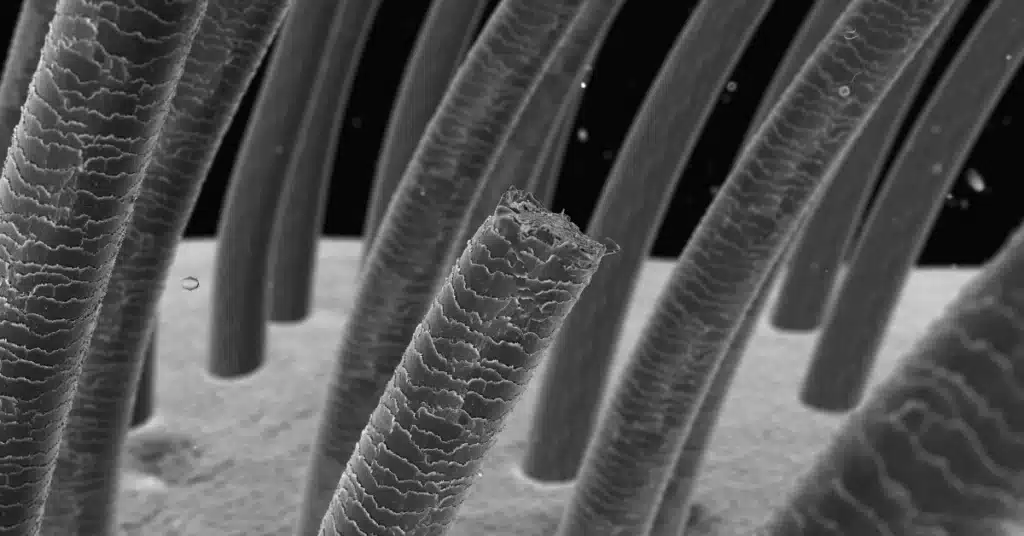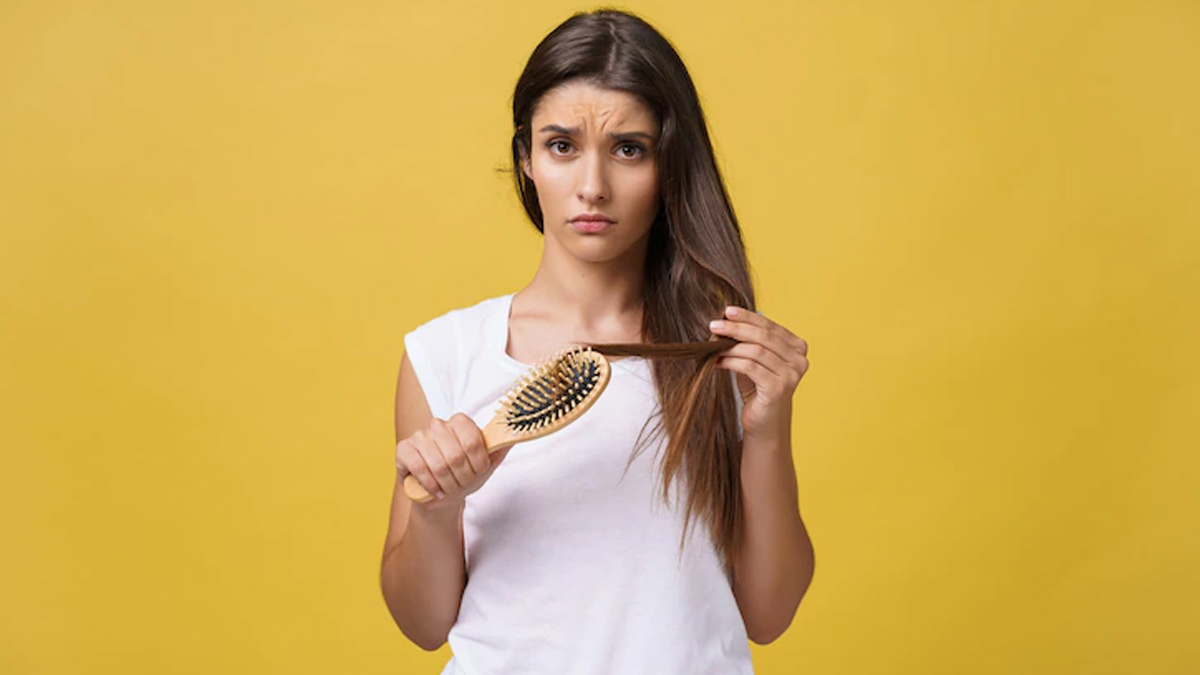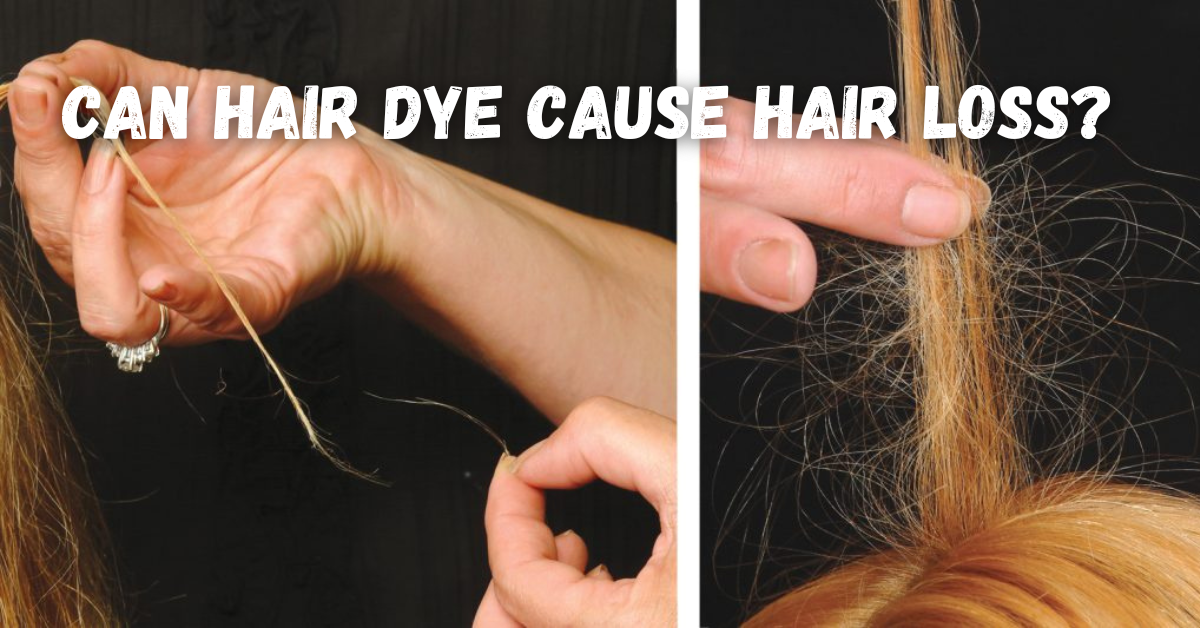Are you worried that your quest for thicker, healthier hair might actually be backfiring? The truth about bumptoppers and hair loss is far more nuanced than you might think, and understanding the science behind these popular scalp massagers is crucial before you incorporate them into your routine.
In the ever-evolving world of hair care, bumptoppers have emerged as a sought-after solution for those seeking to boost hair growth and improve scalp health. These devices, often marketed for their ability to stimulate blood circulation and promote nutrient delivery to hair follicles, have become increasingly popular. Yet, with this surge in interest comes a natural concern: Do bumptoppers actually contribute to hair loss? Like any beauty or wellness tool, its imperative to evaluate both the potential benefits and possible drawbacks, especially when dealing with a sensitive issue such as hair thinning or shedding. This article will dive deep into the mechanics of bumptoppers, examine the scientific evidence supporting their use, and explore expert opinions on whether they truly cause hair loss.
| Information | Details |
|---|---|
| Device Type | Scalp Massager |
| Primary Function | Stimulate scalp blood circulation |
| Reported Benefits | Improved hair growth, enhanced scalp health |
| Potential Risks | Temporary hair shedding, scalp irritation (with improper use) |
| Alternative Options | Manual scalp massage, essential oils, hair growth serums |
| Expert Advice | Use with gentle pressure, limit sessions, consult healthcare professional |
| Reference Website | American Academy of Dermatology |
Bumptoppers, in essence, are specialized scalp massagers designed to stimulate blood flow in the scalp. These tools are available in various forms, including handheld devices, brushes, and rollers. Users often report positive experiences, citing improvements in scalp health and noticeable strengthening of their hair with regular use. However, the underlying mechanics warrant a closer look. A typical bumptopper features small, raised bumps or nodes that gently massage the scalp. The core principle is to enhance blood circulation, thereby facilitating better nutrient delivery to hair follicles. This stimulation is widely believed to encourage hair growth and overall scalp health. The key question, however, remains whether this process can also trigger hair loss.
- Ehegeheimnisse Wer Ist Geena Davis Ehepartner Alle Fakten
- Entdecke Mamitha Baijus Vater Wer Ist Baiju Wirklich Die Ganze Wahrheit
Hair loss is a pervasive concern affecting millions worldwide. Whether stemming from genetic predispositions, stress, hormonal fluctuations, or external aggressors, the emotional and psychological impact of hair thinning can be significant. The rise of scalp massagers like bumptoppers has naturally led to users questioning whether these tools might inadvertently contribute to increased shedding or hair loss. Before delving further into the specifics, it is essential to understand how these devices are intended to function and what mechanisms are believed to be at play.
Bumptoppers operate by applying gentle pressure to the scalp, promoting increased blood circulation. This enhanced blood flow is intended to deliver vital nutrients and oxygen to the hair follicles, thus potentially improving their ability to grow stronger and healthier hair. Additionally, scalp massage can help reduce tension and stress, which are known triggers for hair shedding. To better understand the intended effects of bumptoppers, consider the following key mechanisms:
- Enhanced blood circulation ensures that hair follicles receive an optimal supply of nutrients and oxygen.
- Reduced scalp tension alleviates stress on the hair follicles, creating a more conducive environment for growth.
- Improved nutrient delivery to hair follicles can fortify the hair from root to tip.
- Promotion of natural oil production helps maintain scalp hydration and overall hair health.
Before exploring the specifics of bumptoppers and their potential link to hair loss, it is crucial to address some common myths surrounding hair shedding. Many people believe that certain habits or products directly cause hair loss, but the reality is often more complex and influenced by multiple factors. One prevalent myth is that brushing your hair causes hair loss. In truth, brushing your hair does not inherently lead to hair loss. Regular brushing can actually help distribute natural oils throughout the hair shaft, promoting healthier strands. However, excessive or aggressive brushing, particularly with unsuitable tools, can result in breakage and damage. Its the technique, not the act itself, that often makes the difference.
- Jamie Lee Curtis Das Musst Du Wissen Ihre Besten Filme
- Aktuell Katja Herbers Partner Alles Ber Scott Cohen Beziehung
Another common misconception is that scalp massagers invariably lead to hair loss. Contrary to this belief, scalp massagers such as bumptoppers are not inherently detrimental. When used appropriately and in moderation, they can improve scalp health and encourage hair growth. Overuse or improper technique, however, might cause irritation or temporary shedding. The key lies in understanding how to use these tools safely and effectively, while being mindful of your scalp's specific needs.
Scientific studies have indeed suggested that scalp massage can enhance hair growth by increasing blood flow to the scalp. A noteworthy study published in the Journal of Clinical and Diagnostic Research in 2016 revealed that participants who received regular scalp massages experienced increased hair thickness and density compared to those who did not. This research provides empirical support for the potential benefits of scalp massage as a means to stimulate hair growth. The key findings from research include:
- Scalp massage can boost blood flow by up to 35%, enhancing nutrient delivery to hair follicles.
- Improved blood circulation delivers more essential nutrients, such as vitamins and minerals, to hair follicles, promoting healthier hair growth.
- Consistent use of scalp massagers can help reduce stress-related hair shedding by alleviating tension in the scalp.
While bumptoppers are generally considered safe and effective, improper use can potentially cause temporary hair shedding. Aggressive massaging or using a bumptopper too frequently can irritate the scalp, potentially leading to some hair strands falling out. Its crucial to distinguish between temporary shedding due to irritation and long-term hair loss due to underlying conditions. In most cases, the shedding caused by improper bumptopper use is temporary and does not signify permanent hair loss.
Several factors can contribute to hair loss, including:
- Genetic predisposition plays a significant role in determining an individual's susceptibility to hair loss.
- Hormonal imbalances, such as those experienced during pregnancy or menopause, can impact hair growth cycles.
- Stress, both physical and emotional, can trigger hair shedding and contribute to long-term hair loss.
- Inadequate nutrition, particularly deficiencies in essential vitamins and minerals, can weaken hair follicles.
- Medical conditions like alopecia areata and thyroid disorders can cause significant hair loss and require medical attention.
Despite concerns about hair loss, bumptoppers offer several benefits for both scalp and hair health. When used correctly, these devices can enhance circulation, alleviate stress, and promote natural oil production. Some of the most significant advantages include:
- Enhanced Scalp Circulation: Increased blood flow delivers essential nutrients to hair follicles, which fosters healthier and more robust hair growth.
- Stress Relief: Scalp massage with a bumptopper can help reduce tension and promote relaxation, which is vital for overall well-being and reducing stress-related hair shedding.
- Improved Natural Oil Production: Regular use of a bumptopper can stimulate sebum production, which keeps the scalp hydrated and prevents dryness.
While bumptoppers are generally safe to use, its essential to be aware of potential risks associated with improper application. These risks include:
- Scalp irritation: Overzealous use or applying excessive pressure can lead to redness, itching, and irritation.
- Temporary shedding: Aggressive massaging can disrupt the hair growth cycle, leading to temporary hair shedding.
- Discomfort: Some individuals may experience discomfort or even pain if the bumptopper is used too vigorously or on sensitive areas of the scalp.
To minimize these risks, its important to adhere to the manufacturer's guidelines and avoid excessive use. Consider these guidelines for safely using a bumptopper:
- Apply gentle pressure when massaging the scalp. Avoid pressing too hard, which can cause irritation and discomfort.
- Limit sessions to 5-10 minutes at a time. Short, regular sessions are more effective than prolonged, intense massages.
- Do not use the device on sensitive or irritated skin. Avoid using the bumptopper if you have any existing scalp conditions, such as eczema or psoriasis.
If youre concerned about the potential side effects of bumptoppers, several alternatives can promote scalp and hair health. These include:
- Manual Scalp Massage: Using your fingers to gently massage the scalp can be as effective as using a bumptopper. This method allows for greater control and customization.
- Essential Oils: Applying essential oils like rosemary or peppermint to the scalp can enhance circulation and encourage hair growth. Be sure to dilute the oils with a carrier oil to prevent irritation.
- Hair Growth Serums: Topical serums containing ingredients like minoxidil or biotin can stimulate hair growth and improve scalp health.
According to dermatologist Dr. Sarah Mitchell, "Scalp massagers like bumptoppers can be beneficial for promoting hair growth when used correctly. However, it's crucial to understand your individual scalp needs and avoid overuse." Dr. Mitchell stresses the importance of consulting with a healthcare professional before starting any new hair care regimen. Trichologist John Smith notes that "while bumptoppers are generally safe, they may not suit everyone. Individuals with sensitive scalps or existing scalp conditions should proceed with caution and seek medical advice if necessary."
In summary, bumptoppers, when used correctly, do not inherently cause hair loss. They can offer numerous benefits for scalp and hair health, including improved circulation, reduced stress, and enhanced natural oil production. However, using these devices as directed and avoiding overuse to minimize potential risks is essential.
Remember, your hair and scalp health are vital, and making informed decisions can make all the difference. Stay proactive and prioritize your well-being!



Detail Author:
- Name : Delta Dietrich II
- Username : hildegard36
- Email : irogahn@hoppe.com
- Birthdate : 1988-07-30
- Address : 2851 Murray Vista Apt. 190 Mellieberg, LA 51606
- Phone : 480.247.6392
- Company : Considine, Roob and Willms
- Job : Police Detective
- Bio : Nam laudantium amet expedita quos adipisci et nisi. Quo cum et occaecati necessitatibus rerum commodi ut. Accusantium suscipit optio voluptatum fugit.
Socials
linkedin:
- url : https://linkedin.com/in/ameliao'reilly
- username : ameliao'reilly
- bio : Pariatur cum natus sint omnis.
- followers : 4134
- following : 244
facebook:
- url : https://facebook.com/ameliao'reilly
- username : ameliao'reilly
- bio : Facere commodi qui dolore omnis est aut.
- followers : 3798
- following : 1656
twitter:
- url : https://twitter.com/amelia_xx
- username : amelia_xx
- bio : Ut exercitationem tempore est commodi ut et placeat. Deserunt quas non ipsam quisquam explicabo quos.
- followers : 362
- following : 1272
tiktok:
- url : https://tiktok.com/@amelia6320
- username : amelia6320
- bio : Quis omnis fuga non tempora cumque.
- followers : 359
- following : 270
instagram:
- url : https://instagram.com/amelia2409
- username : amelia2409
- bio : Saepe et optio tenetur temporibus. Odit eius quam quis iusto in. Ipsum omnis saepe natus a.
- followers : 834
- following : 661